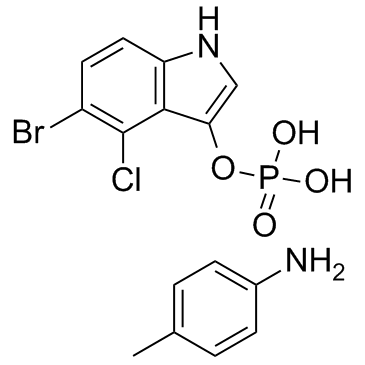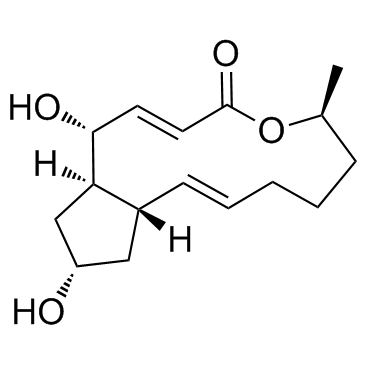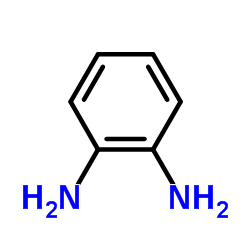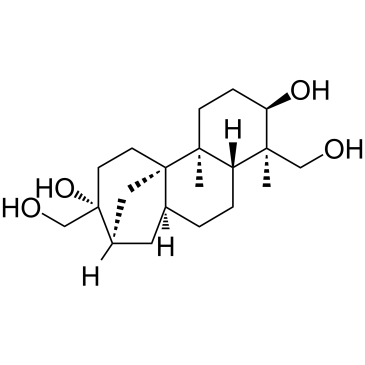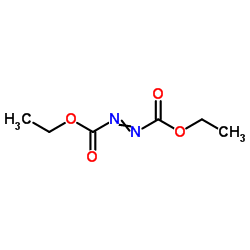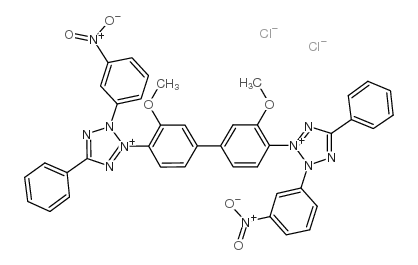Science Translational Medicine
2015-08-19
A synthetic consensus anti-spike protein DNA vaccine induces protective immunity against Middle East respiratory syndrome coronavirus in nonhuman primates.
Karuppiah Muthumani, Darryl Falzarano, Emma L Reuschel, Colleen Tingey, Seleeke Flingai, Daniel O Villarreal, Megan Wise, Ami Patel, Abdullah Izmirly, Abdulelah Aljuaid, Alecia M Seliga, Geoff Soule, Matthew Morrow, Kimberly A Kraynyak, Amir S Khan, Dana P Scott, Friederike Feldmann, Rachel LaCasse, Kimberly Meade-White, Atsushi Okumura, Kenneth E Ugen, Niranjan Y Sardesai, J Joseph Kim, Gary Kobinger, Heinz Feldmann, David B Weiner
文献索引:Sci. Transl. Med. 7 , 301ra132, (2015)
全文:HTML全文
摘要
First identified in 2012, Middle East respiratory syndrome (MERS) is caused by an emerging human coronavirus, which is distinct from the severe acute respiratory syndrome coronavirus (SARS-CoV), and represents a novel member of the lineage C betacoronoviruses. Since its identification, MERS coronavirus (MERS-CoV) has been linked to more than 1372 infections manifesting with severe morbidity and, often, mortality (about 495 deaths) in the Arabian Peninsula, Europe, and, most recently, the United States. Human-to-human transmission has been documented, with nosocomial transmission appearing to be an important route of infection. The recent increase in cases of MERS in the Middle East coupled with the lack of approved antiviral therapies or vaccines to treat or prevent this infection are causes for concern. We report on the development of a synthetic DNA vaccine against MERS-CoV. An optimized DNA vaccine encoding the MERS spike protein induced potent cellular immunity and antigen-specific neutralizing antibodies in mice, macaques, and camels. Vaccinated rhesus macaques seroconverted rapidly and exhibited high levels of virus-neutralizing activity. Upon MERS viral challenge, all of the monkeys in the control-vaccinated group developed characteristic disease, including pneumonia. Vaccinated macaques were protected and failed to demonstrate any clinical or radiographic signs of pneumonia. These studies demonstrate that a consensus MERS spike protein synthetic DNA vaccine can induce protective responses against viral challenge, indicating that this strategy may have value as a possible vaccine modality against this emerging pathogen.Copyright © 2015, American Association for the Advancement of Science.
